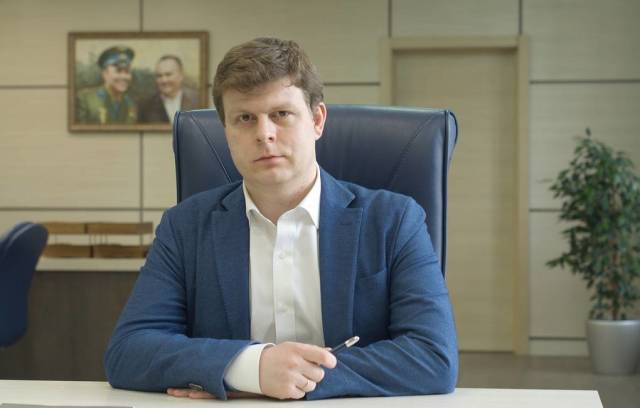"Amur "will be the successor of the Soyuz rocket, said Alexander Bloshenko, Executive Director of Roscosmos for Advanced Programs and Science
MOSCOW, April 3. /TASS/. The preliminary design stage of the Amur rocket will end in September. This was stated on Saturday in the program "Big Space" on the channel "Roscosmos-TV" Executive Director of Roscosmos for Advanced programs and Science Alexander Bloshenko.
"The preliminary design stage ends in September approximately, that is, in the fall we will understand the appearance of the carrier, the appearance of the ground infrastructure. It is again planned to be lightweight, simple, reliable and, I will not say cheap, but economically justified, cost-effective, " said Bloshenko.
He stressed that due to the reusable use of the stage, it is planned to reduce the cost of the launch service.
In fact, the Amur will become the successor of the Soyuz rocket, Bloshenko said.
"It is about 12 tons in the one-time launch version and 10.5 tons in the reusable version, with the rescue of the first stage to a low orbit," he said.
According to the executive director of Roscosmos for advanced programs and Science, if you just count the number of parts of assembly units, large-node elements, then in the "Soyuz-2" there are 4.5 thousand, and in the "Amur" there are about 2 thousand "This is twice the fall, simplicity, reliability, cost," he stressed.
Earlier it was reported that every year by 2030, at least 13-14 launches of the promising Amur launch vehicle with a return stage are expected.
In October last year, Roscosmos and the Progress RCC signed a contract to develop a preliminary design of a space rocket complex with the first Russian reusable methane-powered rocket, the Amur. The rocket will receive a returnable first stage and will be launched from the Vostochny cosmodrome in the Amur region. In February, the General Director of the Progress Rocket and Space Center (part of Roscosmos) Dmitry Baranov told reporters that the preliminary design of the Amur methane launch vehicle is planned to be completed in the third quarter of 2021.
The "Amur" with a reusable return stage will be able to launch up to 10.5 tons of payload into low Earth orbit, compared to 8.5 for the Soyuz-2 series of rockets.

